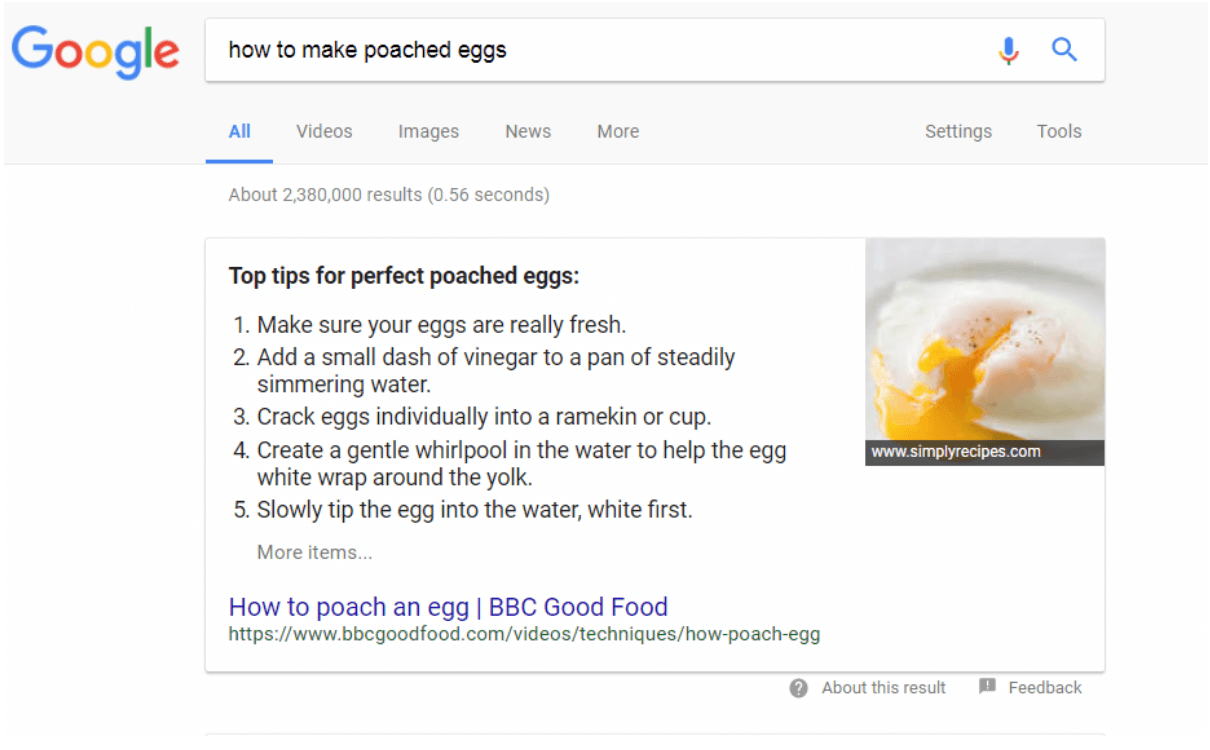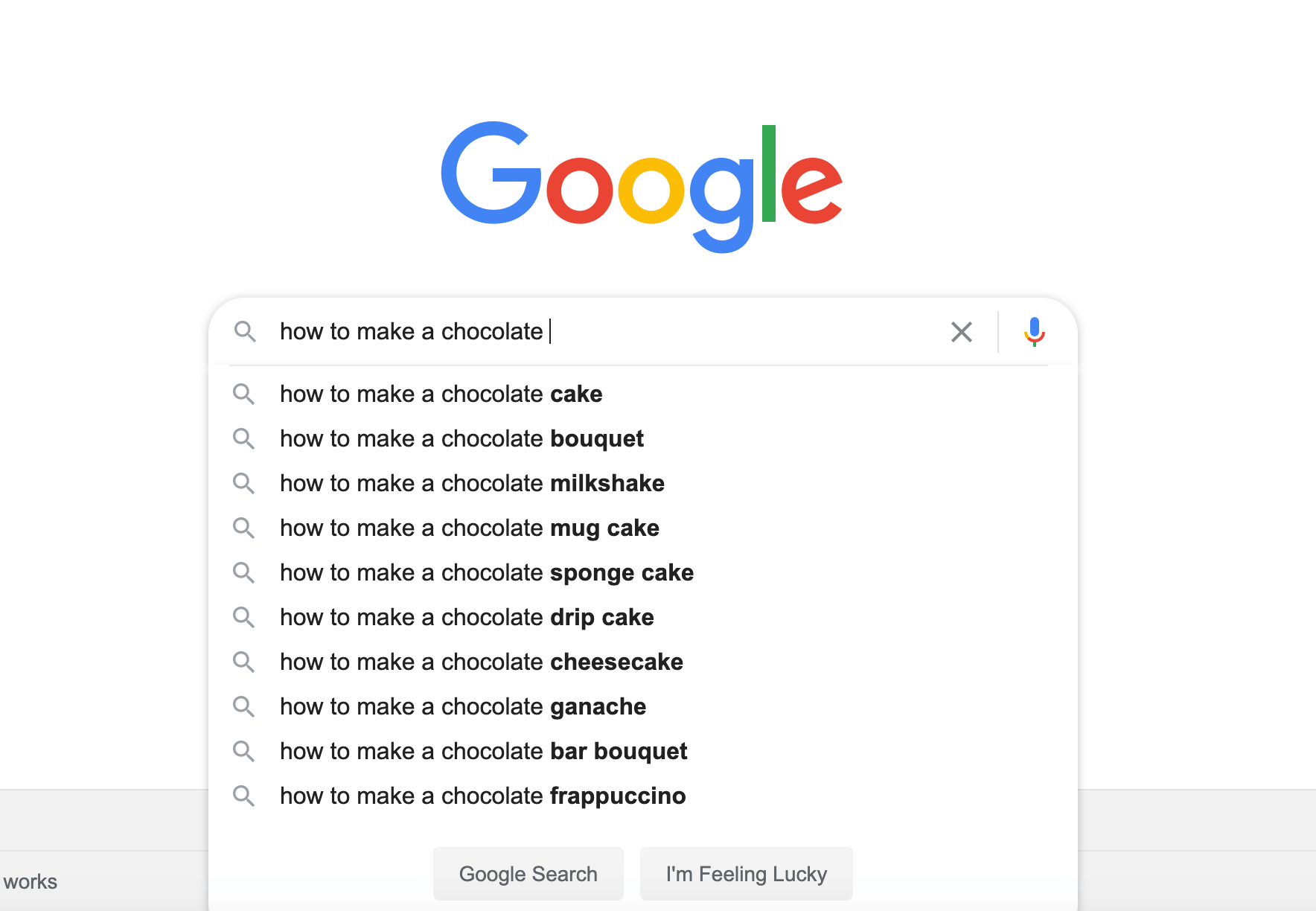Posted 01.10.2020
By Annabel Thomas
In 2011 when Siri first came onto the scene many didn’t take it all that seriously. Fast forward to 2020 and 5.8 million households in the UK have a smart speaker at home, with the most popular voice assistants being Alexa, Cortana and Google Assist – not to mention the voice assistant on your smartphone. We are in the midst of a voice search revolution and it is critical you keep up and optimise for voice!
Voice offers many benefits to its users. How many times have you been in the car and needed directions, or been cooking and need to know the next ingredient without getting your dirty fingers on the screen? Voice gives you instant results. The option to multitask is easy to use and gives users a hands-free experience, which, during COVID-19 is an alluring feature for consumers. Not only does voice offer search results it can also send emails, set reminders, play music and read the news to you.

When making a search query through Google you will find the answer box on the SERP. The answer box lists what Google deems is the best answer to the search query. If searching through voice you will hear the extract in the search box read aloud, whereas conventional searchers will see the answer box at the top of the page.
The conversational nature of voice assistants means that the phrases used vary greatly from traditional search. Long-tail keywords are much more common with voice, let’s say you want to bake a chocolate cake, traditionally you might google ‘easy chocolate cake recipe’ with Alexa you might ask “Hey Alexa, how do I make a chocolate cake?”.
Location is key with voice – users are three times more likely to be looking for local information when using voice for search queries – think finding local businesses, opening times or finding out the weather forecast.
Voice assistants can help tell you a story. If for example, you ask ‘where is the London Eye?” and then you follow that up with “show me a picture of it’ and ‘how do I get there?” voice assistants are able to interpret the meaning of ‘it’ and ‘there’ to the London Eye.
Understanding the user experience is key when considering how you can optimise your business for voice. Voice is often an afterthought for marketers with 72% saying they have no plans to optimise marketing for voice.
Build pages to answer the common questions your business may be receiving. An FAQ page that begins with the adverbs who, where, how, why and when is a great way to appeal to voice searchers.
Optimising for local SEO is key with voice especially those hugely valuable ‘near me’ searches. Ensuring you have a Google my Business page with up to date and relevant information is crucial.
Content needs to be conversational and ‘natural sounding’ when read aloud. It is also worth being mindful of tables full of data and page links as these translate badly to voice search. Is there a better way to structure your page?
Schema is a type of microdata that makes it easier for search engines to analyse and interpret the information on your web pages and helps boost your visibility. By adding schema markup to your site, you’re putting yourself in a great position with voice search.
As we mentioned voice queries are often longer and more conversational. Therefore it’s a good idea to focus on conversational long-tail keywords. We recommend using the answer the public tool to find the most common voice queries related to any keyword, as well as looking at the ‘people also ask’ section on google results. Filler keywords are also important such as I, the, to, for.

There is no doubt that voice technology is set to dramatically increase and change the way we market in the future. Businesses who fail to optimise their websites for voice in the long-term may ultimately end up losing out on all-important organic traffic.
Our Services
Recent posts
The Beginner’s Guide to Setting Up Your First eCommerce Store
Posted 25/03/2025 by Frogspark
How to Create Cost-Effective, Engagement-Boosting Videos For Your Website
Posted 11/02/2025 by Frogspark
Building Better Website Forms To Drive More Conversions (and Revenue)
Posted 27/01/2025 by Pete Bingham
Need help with your web design or digital marketing?
Talk to an expert today or call us on 01332 493766
Part of The Digital Maze Group